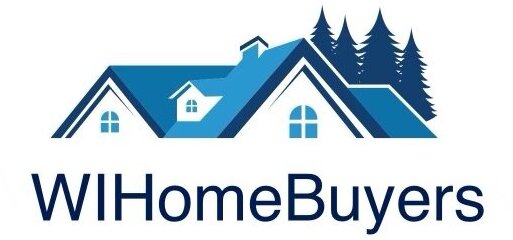Real estate investing offers many ways to make money — from buying and flipping homes to building long-term rental portfolios. One strategy that has gained massive popularity, especially among new investors, is wholesaling. It’s often considered one of the fastest and lowest-risk ways to get started in real estate. But what exactly does wholesaling mean, and how can it be done successfully?
Let’s break down the essentials of real estate wholesaling, the steps involved, and what you need to know to profit from this strategy.
What Is Real Estate Wholesaling?
Wholesaling is a short-term real estate strategy where an investor (the wholesaler) finds a property being sold below market value, secures it under contract, and then assigns that contract to another buyer for a fee.
In other words, you’re not buying the property yourself. Instead, you’re acting as the middleman — connecting motivated sellers with real estate investors looking for their next deal.
Here’s a simplified example:
- You find a homeowner willing to sell a property for $150,000.
- You know an investor who would happily buy that same property for $170,000.
- You put the property under contract for $150,000 and assign the contract to the investor for $170,000.
- At closing, you earn the $20,000 difference as your wholesale fee.
Why Wholesaling Appeals to New Investors
Wholesaling has become a favorite starting point for new real estate investors for a few key reasons:
- Low Capital Requirement – Unlike traditional real estate investing, wholesaling doesn’t require you to purchase the property or take out financing. All you need is earnest money (usually a small deposit to secure the contract) and a strong understanding of the market.
- No Credit Needed – Since you’re not applying for a mortgage or loan, your credit score isn’t a barrier. Success depends more on your hustle and negotiation skills than your financial profile.
- Quick Turnaround – Many wholesale deals close within 30 days or less. That makes it one of the fastest ways to generate cash flow in real estate.
- Learning Opportunity – Wholesaling forces you to understand local market values, negotiation tactics, and buyer behavior — all critical skills for anyone planning to grow into flipping or buy-and-hold investing.
The Step-by-Step Wholesaling Process
If you’re considering wholesaling, here’s a step-by-step overview of how it works from start to finish:
1. Find a Motivated Seller
Look for property owners eager to sell quickly, often because of foreclosure, divorce, relocation, or financial distress. These sellers are more likely to accept below-market offers. Direct mail, bandit signs, driving for dollars, and online marketing are all effective lead generation methods.
2. Analyze the Deal
Once you find a potential property, research comparable sales (“comps”) in the area to determine its after-repair value (ARV). Then calculate what price an investor would be willing to pay while leaving room for repairs and profit.
3. Get the Property Under Contract
Negotiate with the seller and sign a purchase agreement that includes an assignment clause — allowing you to transfer your rights to another buyer. Make sure you include contingencies to protect yourself in case you can’t find a buyer in time.
4. Build a Buyer’s List
Successful wholesalers maintain a network of cash buyers — flippers, landlords, and other investors ready to purchase deals quickly. Attend local real estate meetups, auctions, and investor groups to build relationships with these buyers.
5. Assign the Contract
Once you have a buyer, assign your purchase contract to them for a fee. The title company or closing attorney handles the transfer and ensures you get paid at closing.
Legal and Ethical Considerations
Wholesaling is legal in most areas, but it’s essential to operate ethically and transparently. Some states require wholesalers to hold a real estate license, while others have restrictions on marketing properties you don’t own.
To stay compliant:
- Always disclose that you’re the contract holder, not the property owner.
- Avoid misrepresenting your role in the transaction.
- Consult with a local real estate attorney to ensure your contracts and marketing practices meet state laws.
Tips for Wholesaling Success
- Know Your Numbers: Always calculate the ARV, repair costs, and investor margins accurately. One bad estimate can ruin a deal.
- Be Transparent: Build trust with both sellers and buyers — your reputation is your most valuable asset.
- Act Fast: The best deals don’t last long. Be ready to move quickly when you spot a good opportunity.
- Keep Networking: A strong buyer’s list is the lifeblood of your wholesaling business.
The Bottom Line
Wholesaling can be a powerful gateway into real estate investing. It doesn’t require large sums of money, it’s fast-paced, and it helps you learn the fundamentals of deal analysis and negotiation. While it’s not without its challenges — like finding consistent deals and staying legally compliant — it remains one of the best ways to get started in real estate with minimal risk.
For investors willing to put in the work, wholesaling offers a hands-on education in what truly drives real estate profits — finding great deals and connecting the right people to make them happen.
Looking to sell your home? Contact WI Home Buyers at 920-360-1252!
